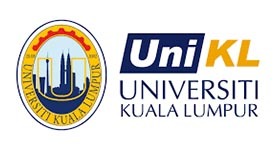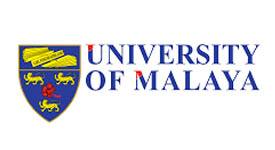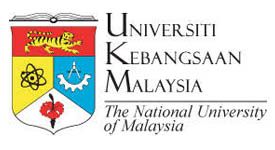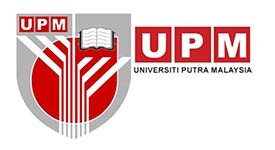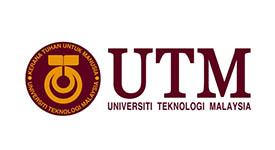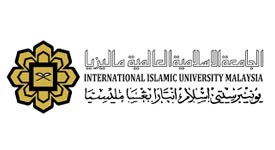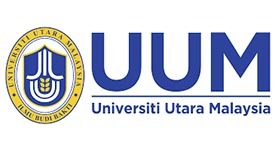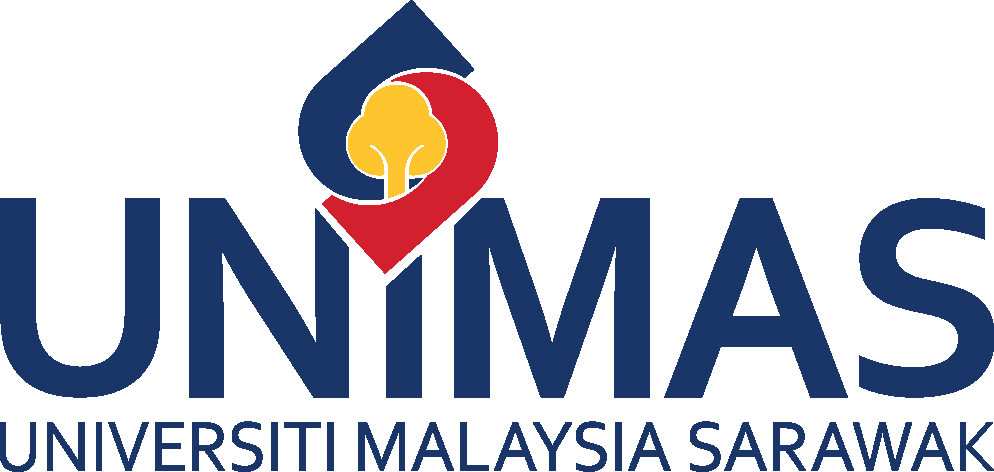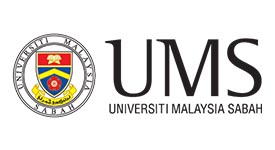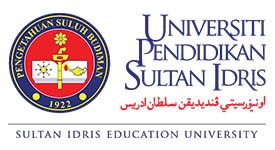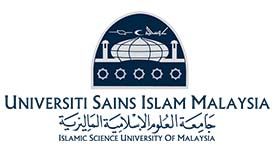Overview of Bachelor of Engineering Technology (Hons) in Instrumentation and Control Engineering in Universiti Kuala Lumpur
Malaysia
What is Instrumentation and Control Engineering?
UniKL MITEC Bachelor of Engineering Technology in Instrumentation and Control Engineering (BICE) is a hands-on program which concerns on the application and implementation of measurement and control techniques of process variables for monitoring, record, control and performance assessment of a wide range of manufacturing and industrial processes.
The need of Instrumentation and Control in industry
Instrumentation and control systems are used in most industries to measure and control variables such as pressure, flow, level, temperature, density, Ph (acidity or alkalinity), mass, conductivity, motion, force and chemical composition. These variables are consistently measured and monitored to ensure the output of a specific process are within a desired acceptable range and at the same time protect the safety of equipment in the system. Small changes in these variables may alter a process which produces a large impact at the end of the result. Corrective action need to be done immediately to control these variables back for a stable process system.
In most industries, a large number of process variables are monitored simultaneously. The advancement of technology in Instrumentation and Control engineering (ICE) fields enable industries to have only a small staff of operating personnel to operate a complex process from a central control room. ICE technology is the tool that enables manufacturers to keep their operations running within specified limits and to set more precise limits to maximize profitability, and at the same time to ensure quality and safety.
UniKL MITEC BACHELOR OF ENGINEERING TECHNOLOGY IN INSTRUMENTATION AND CONTROL ENGINEERING (BICE)
UniKL MITEC BICE is developed to ensure students gain maximum skills in specific control disciplines such as advanced process control (APC), distributed control systems (DCS), programmable logic controllers (PLC), and supervisory control and data acquisition (SCADA). The use of these disciplines will depend on the exact nature of individual job roles.
To ensure the understanding of these specific disciplines, on the first three semesters, BICE focuses on transferring knowledge of electronics fundamentals to the students such as electrical and electronic devices, analog electronic, digital system, signal & system, sensor & actuator, microprocessor & microcontroller, etc.
For the next three semesters, BICE concentrates on the knowledge of process variables in various industrial applications. Applications which are covered in BICE are chemical & bioprocess, environmental, piping, manufacturing material, industrial automation and many more.
Programming is the heart of BICE. Various simulator and programming software will be introduced to the students such as C programming, MATLAB. MULTISIM and LABVIEW.
The hands-on laboratory component is designed to enable student to experience the installation, configuration, calibration, troubleshooting & maintain instruments (pneumatic, analog, digital) as well as implement various techniques of modern control systems in a variety of replicated industrial settings.
Programme Educational Objectives (PEOs)
- PEO 1
UniKL graduates who are knowledgeable, competent, and innovative, who will contribute towards the human capital in instrumentation and control engineering, and related industry.
- PEO 2
UniKL graduates who are well trained in the professional skills to support their role instrumentation and control engineering field such as effective leadership, teamwork skills and interpersonal communication skills.
- PEO 3
UniKL graduates who are committed to the importance of lifelong learning and continual improvement in the instrumentation and control engineering field.
- PEO 4
UniKL graduates who practice professionalism with ethics and responsibility towards sustainable development.
- PEO 5
UniKL graduates who are capable of embarking on business and technopreneurial activities in instrumentation and control engineering and related field.
Programme Learning Outcomes (PLOs)
Majors in engineering technology will be able to:
- PLO 1
Apply knowledge of mathematics, science, engineering fundamentals and an engineering specialization to define and applied engineering procedures, process, systems or methodologies in instrumentation and control engineering.
- PLO 2
Identify, formulate, research literature and solve broadly defined engineering problems by reaching substantiated conclusions using analytical tools appropriate to the area of specialization in instrumentation and control engineering.
- PLO 3
Design solutions for broadly defined instrumentation and control engineering problems and contribute to the design of systems, components or processes to meet specified needs with appropriate consideration for public health and safety, cultural, societal and environmental considerations.
- PLO 4
Conduct investigations of broadly defined instrumentation and control engineering problems; locate, search and select relevant data from codes, data bases and literature design and conduct experiments to provide valid conclusion.
- PLO 5
Select and apply appropriate techniques, resources and modern engineering tools, including prediction and modelling to broadly defined instrumentation and control engineering activities, with an understanding of the limitations.
- PLO 6
Demonstrate the professional skills such as excellent leadership, and teamwork in diverse and cross-functional technical teams.
- PLO 7
Communicate effectively on broadly defined instrumentation and control engineering activities with the engineering community and with society at large, with ability to comprehend, establish effective reports, documentation, presentations as well as conferring and delivering clear instructions.
- PLO 8
Demonstrate understanding of the societal, health safety, legal and cultural issues and the consequent responsibilities relevant to instrumentation and control engineering practice.
- PLO 9
Understand and commit to professional ethics and responsibilities and norms of instrumentation and control engineering technology practice.
- PLO 10
Understand the impact of instrumentation and control engineering solutions in a societal contact and demonstrate knowledge of and the needs for sustainable development.
- PLO 11
Demonstrate an awareness and understanding of management, business practices and technopreneurial competencies.
- PLO 12
Recognize the needs for, and have the ability to engage in independent and lifelong learning.
CAREER PROSPECTS
As an Instrumentation and Control Engineering graduates your skills will be in demand in a range of engineering and technology sectors including:
- Automotive (Example: automobile assembly plants: – Perusahaan Otomobil Nasional (PONSB), Proton Tanjung Malim (PTMSB), Honda Malaysia (HMSB), Volvo Car Manufacturing Malaysia (VCM), Perodua Global Manufacturing (PGMSB).
- Construction
- Rail
- Telecommunication
The most recognized recruiters of Control and Instrument engineers are like the following types of organizations:
- Chemical engineering
- Fast moving consumer goods (FMCG)
- Manufacturing
- Food processing
- Oil and gas/power generation/energy
- Pharmaceutical
- Design or development engineer in control and automated systems
- Utilities
Other sectors include aerospace, marine, materials and defence engineering, and environmental agencies.
Control and Instrument engineers are also employed by companies who produce control and instrumentation equipment.
Graduates will also be able to pursue further studies in Automated systems, Healthcare innovation, Robotics, Electrical and Electronics and any control and instrument related fields.
